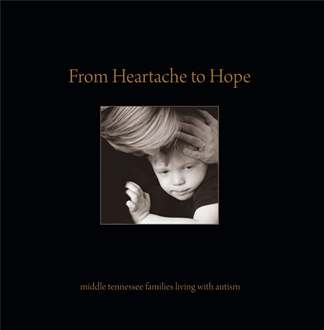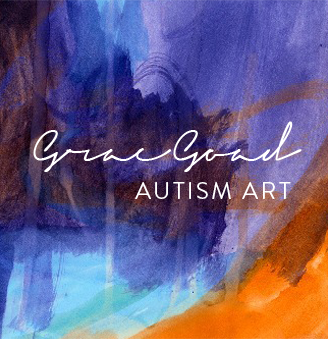As I’m writing this, I’m sitting in the dentist’s office waiting room. Grace, my teen daughter with autism, has been called back. I’m listening to the mostly unintelligible moans turned screams of an elementary school-aged boy, who, at the glance I stole when he dashed out the waiting room door into the hallway–a tired-looking, but patient older sibling following quickly behind him—has Down syndrome.
Places like this, when I am face-to-face with other parents–here, while perched on over-cushy sofas, waiting, like me–I am confronted, as are many special needs parents in such instances, with the perceived differences between my life and theirs.
Today I wonder, not for the first time, what they make of our lives. What do they think of my daughter? What do they think of me? Do they feel pity? Feel disgust? I don’t spend time caring enough, generally, to notice if they are staring at us or purposely staring the other way, though I’ve seen both enough to know it happens. Frequently. I cannot not notice. It’s in my line of vision most places we go in public. My daughter's autism is moderately severe. Her communication skills rather impaired. She's beautiful. She's happy. And obviously very different, which one would generally notice upon more than a 10 second glance.
I’m grateful for the years I spent in therapy and all my seminar slutting I did before Grace was diagnosed and since. One of the most helpful tools I ever came away with from the transformational weekend experience, More to Life, formerly called Life Training, which I did 20 years ago, was this take-home message:
We don’t really know what other people think. Sure, we can intuit. We can even choose to obsess about it–and I've seen many special needs parents who do just that. But, what we think and obsess over may not even be real. Our intuitions may be off….Their mind may be so clouded with their own problems they don’t really notice the differently abled child in front of them. This is often the case. So is the other—noticing. In the end it comes down to me. (And, you–if you are in my position in any life situation)….We cannot control what others think of us. Nor, really "should" we care. Sure, ideally, we live our lives with integrity and kindness, doing our best and ideally that is communicated to others through our words and actions. And that’s the best we can do. Others judge us? (Or not.) So what? Really.
The Buddhist teaching of just being aware and then not attaching is something I’ve learned over the years in the meantime. But starting out, I would pull out these questions I individualized from my Life Training [More to Life] experience for those times when my child was the one running down the hall or making unintelligible sounds….
These strangers that I think or I KNOW truly for sure are looking at us…They don’t know me. They don’t know this is autism. They don’t understand. They do not live my life. And regardless, I don’t care what they think!
I don’t care what they think…because in the end it comes down to what I think of me. I’ve got enough baggage of my own with the sheer facts of life, atop autism. I don’t need anyone else’s…or anyone else’s presumed baggage crowding my mind.
And the father at the dentist's office–the father of that little boy named Charlie, as I heard him called–? He didn’t seem to care either. Good for him. It’s called coping with the journey. And it’s a fabulous and mandatory skill. There are far too many other hurdles requiring our spiritual, emotional, mental and physical energies. Carry on. Release the presumptions. Unpack your bags. And, as they warn you at the airport these post 9-11 days, don't pick up anyone else's bag on your journey….





Kan me niet schelen wat ze denken … want uiteindelijk komt het neer op wat ik van me denken. Ik heb genoeg bagage van mijn eigen met de pure feiten van het leven, boven op autisme. Ik hoef niet iemand anders … of iemand anders vermoedelijke bagage verdringing mijn hoofd.